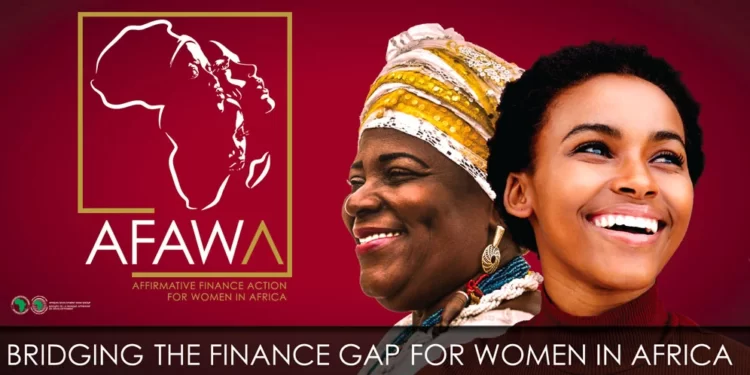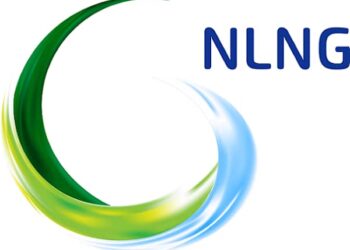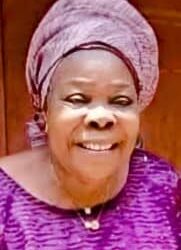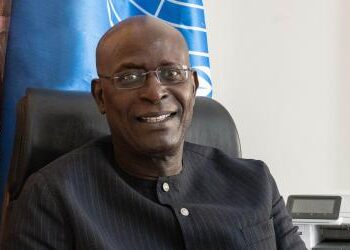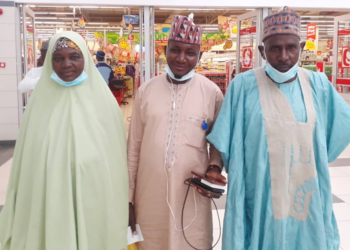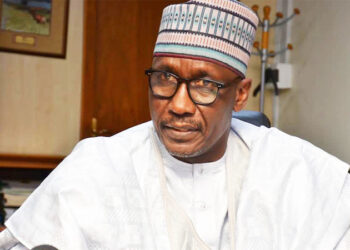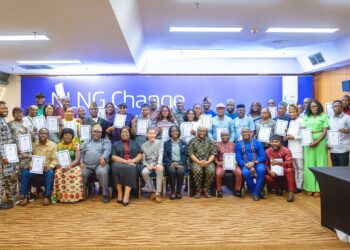The African Development Bank Group and the African Guarantee Fund have made a strong case for the positive impact of increasing women’s financial inclusion on Nigeria’s economy before an audience of senior Nigerian government and banking leaders.
The two institutions opened the AFAWA Finance Series Nigeria, part of the African Development Bank’s Affirmative Finance Action for Women in Africa initiative, on 17 October. Representatives of AFAWA donor countries, including the Netherlands, France and Italy also took part in the opening ceremony.
The series of events will bring together representatives of government, policymakers and financial institutions for an introduction to AFAWA’s partnership services for the Nigerian market.
Grace Ogbonna, Director for Economic Research and Policy Management in the Ministry of Finance, spoke during the opening ceremony on behalf of Nigeria’s Minister of Finance, Wale Edun. She said, “the topic of women’s empowerment is one that demands our attention, our commitment, and our collective efforts to ensure that women have equal opportunities so as to fully participate in our nation’s economic growth.”
Participants will explore ways to enhance regulatory frameworks that can boost access to finance for women-led small and medium enterprises. The event will also build understanding of AFAWA’s guarantee mechanism and how the program can help de-risk financial institutions that on-lend to women-led start-ups.
The event will also showcase the AFAWA Guarantee for Growth program, a partnership between the African Development Bank and the program’s implementing partner, the African Guarantee Fund. The partners in 2021 established this risk sharing facility to unlock up to $2 billion in financing for women-led small and medium enterprises in Africa through financial institutions.
“In Nigeria, there is a real opportunity for scale,” said African Development Bank Vice President for Agriculture, Human and Social Development, Dr Beth Dunford. “Micro, small and medium-sized enterprises make up more than three-quarters of Nigeria’s workforce. With the right support, they have the potential to accelerate the country’s progress towards its economic development goals,” Dunford added.
The AFAWA Guarantee for Growth program also offers assistance and incentives to financial institutions to increase their appetite to lend to women-led SMEs. Research shows women are better at repaying loans than men, and typically reinvest up to 90% of their income in the education, health and nutrition of their families and communities.
African Guarantee Fund CEO, Jules Ngankam, said, “In Africa, 70% of women are excluded financially, including in the areas of access to credit, land ownership, job opportunities, leadership positions and wealth creation. These imbalances have been one of the factors limiting Africa from reaching its full potential.”
He commended the Nigerian government promoting women-led small and medium enterprises and noted that through AFAWA, the Fund is eager to collaborate with the government and policy makers to further enhance the business environment for women entrepreneurs.
The Finance Series also provides training that will enable financial institutions to evaluate their products and services through a gender-smart lens to better address the needs of women entrepreneurs.
African Development Bank Director General for Nigeria, Lamin Barrow said, “Through AFAWA, the African Development Bank is changing the perception and narrative that women entrepreneurs are a risky investment.
The Bank recognises Nigeria’s immense potential for AFAWA-related activities. That is why we are partnering and supporting the private sector to enhance women’s access to finance through innovative financing instruments”


